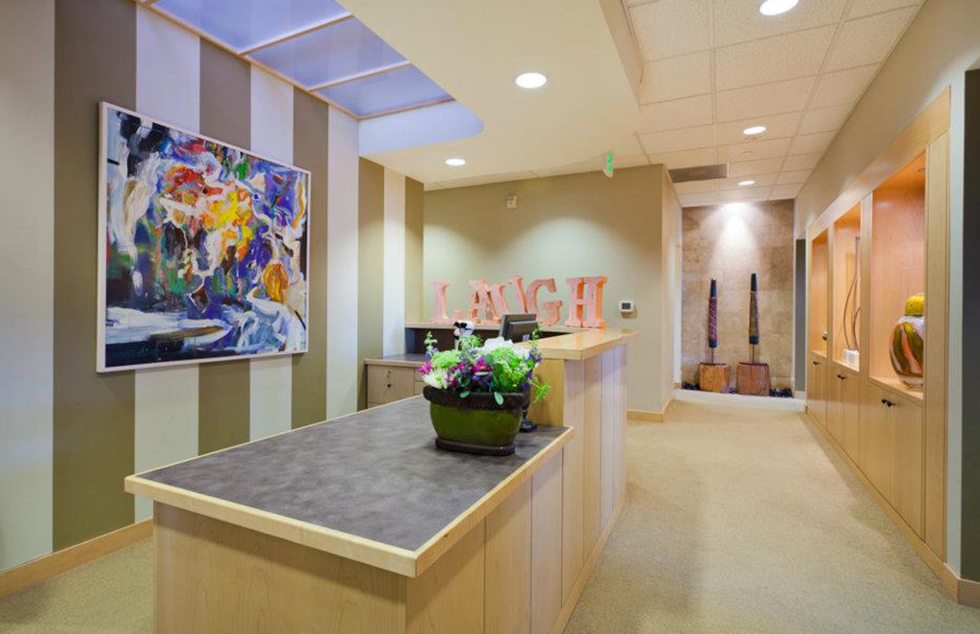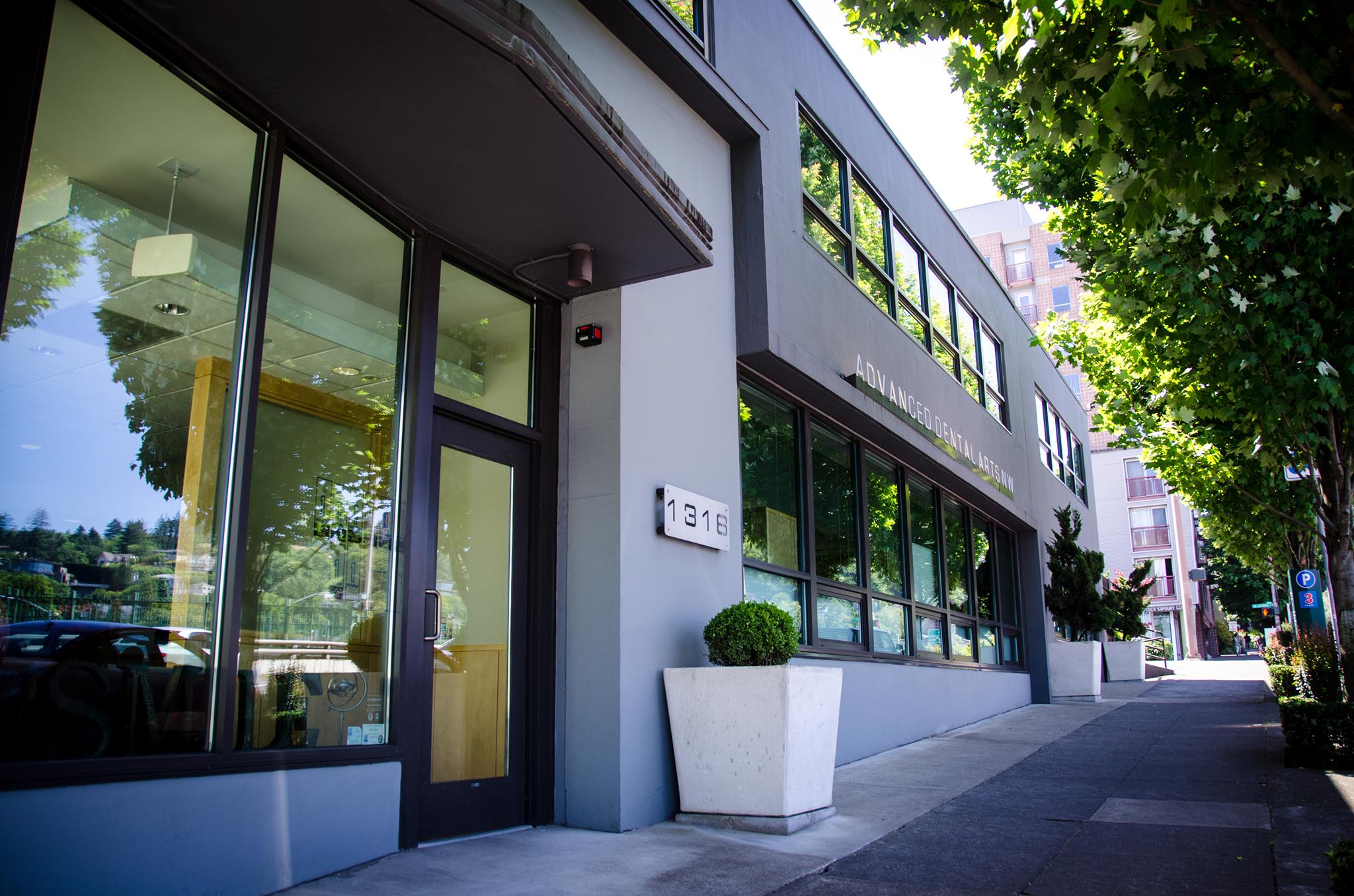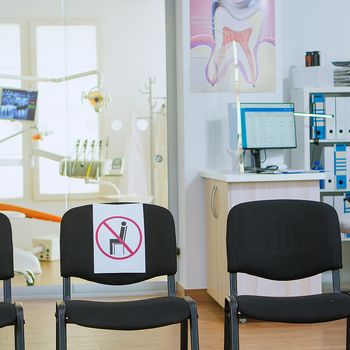
Advanced Dental Arts NW
Your teeth give you the ability to eat your favorite foods, speak your mind, and express yourself with a confident smile. Dr. Teasdale and Dr. Sup Lee are ready to ensure they stay strong and healthy for decades. As skilled dentists, they combine personalized, one-on-one attention with the latest dental techniques and technology in our downtown Portland dental practice. Whether you want a place to get your dental checkups and teeth cleanings, have a few teeth in need of repair/replacement, or you're interested in improving your smile's appearance, you'll only experience the best dental care and service here at Advanced Dental Arts NW.
Meet Our Doctors
Meet Dr. Sup Lee
Dr. Sup Lee is passionate about providing the best dental experience possible, both when it comes to the quality of his service and care. He loves providing all types of dental treatment to help his patients rejuvenate their smiles and self-esteem. He particularly likes dental implants and emergency dentistry because they allow him to quickly fix serious problems and make a big, positive difference in a patient’s life.
Read More
For TMJ and Sleep Apnea Treatment, Visit Our Colleague at Evolution Dental
Take Their Sleep Apnea QuizInsurance Information
We accept Delta Dental and Devoted Health Services Inc. Call for more information regarding other insurance plans.
Location
1316 SW 13th Ave Suite B,
Portland, OR 97201
Office Hours
MON - THU8:00 am - 5:00 pm
FRIBy appointments only
SAT - SUNClosed
Advanced Dental Arts NW
Location
1316 SW 13th Ave Suite B,
Portland, OR, 97201
Phone: (503) 235-0555Text Us: (503) 235-0555
Advanced Dental Arts NW
Accepting New Patients
Are you looking for a trusted dental practice that can provide exceptional dental care? Visit us; we are accepting new patients.
Book Online Call Us












